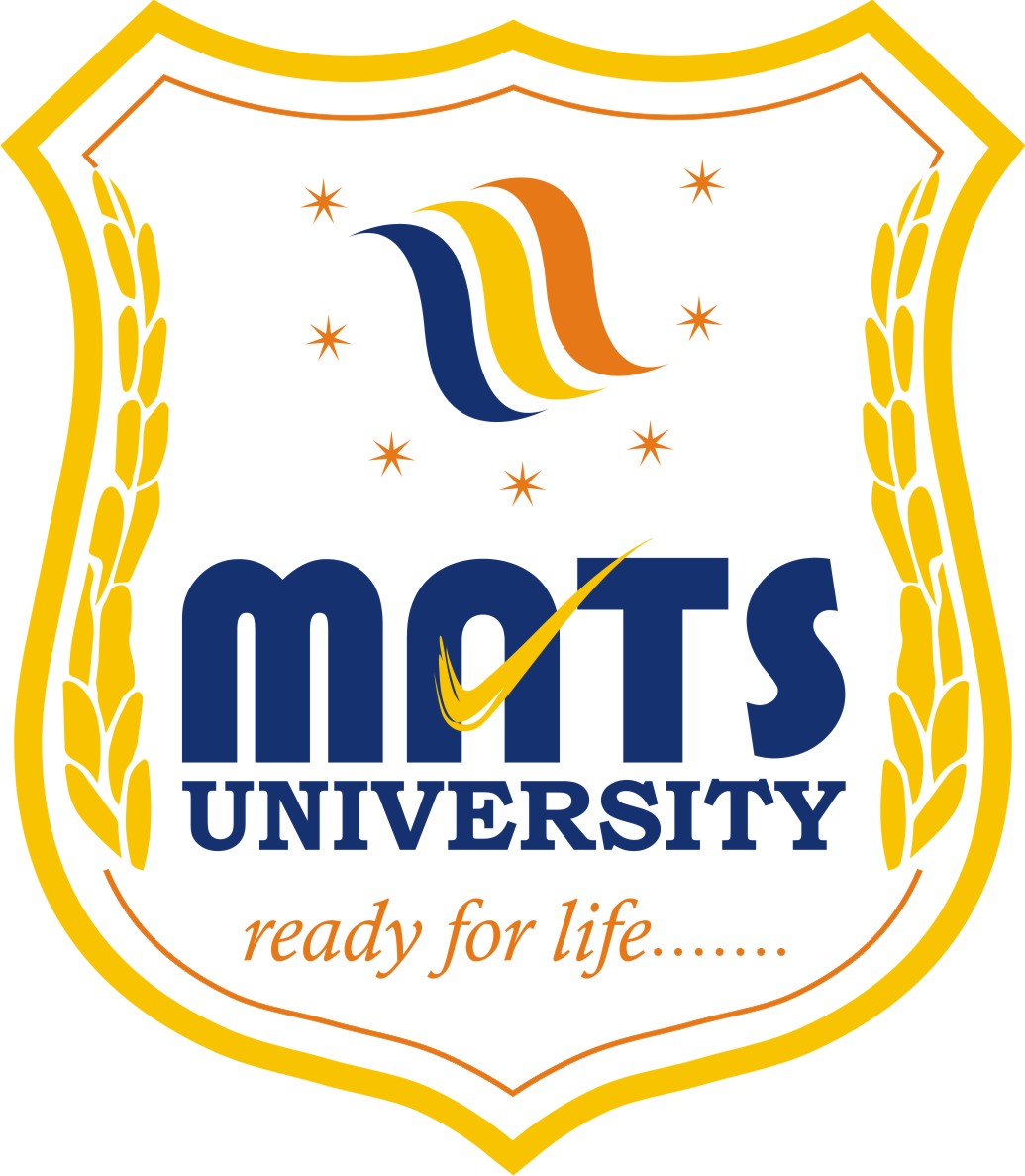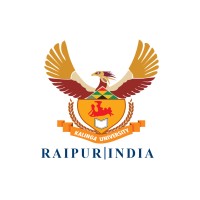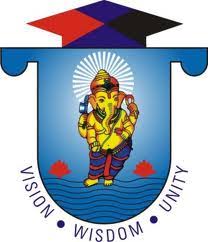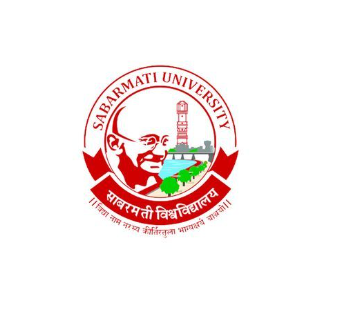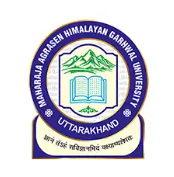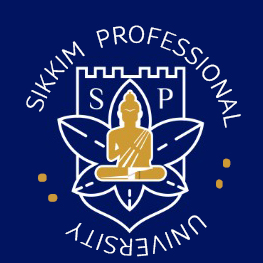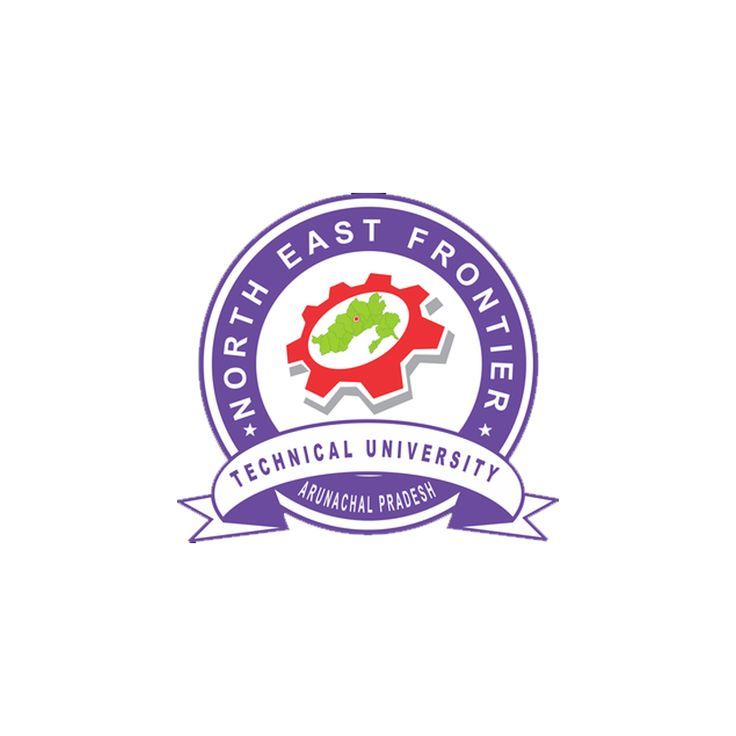Indian Philosophy Course Admission 2024-25 - Shikshaglobe

Indian Philosophy Course
Overview
The tone & verity are crooked by harkening, examining and meaning upon, Maitreyi! Once it manifests- heeded, examined, and contemplated – all is crooked! Brhadaranyaka4.5.6 With the proliferation of openings in the present world, mortal life encounters distant choices and situations that bear directly on decision- making processes and our stations towards social, moral and intellectual terrain. In this environment, the philosophical debates and dialogues offer rationally conclusive perceptivity, therefore enabling us to understand the multiperspectivity of trueness by harkening, examining and meaning. The Philosophy program, offered at MAHE, involves careful reading, analysis and interpretation of philosophical dialogues , and introduces philosophising as a skill set which scholars can incorporate in their approach( farther studies/ exploration) to other academic fields, as an acquired life skill, and as a professional capability necessary for different professional hobbies. This program offers an ferocious course of study which allows scholars to engage and employ theoretical and practical angles of gospel and liberal trades.With a special focus on Indian Philosophy, the program promotes a dialogue between the subfields of Western andNon-western doctrines and other disciplines. A combination of Sanskrit and English language- grounded tutoring system equips the scholars with the knowledge and reflective tools necessary for independent engagements with complex textual and philosophical language, while bringing into question the nature and compass of these reflective capacities.also, this Program aims to represent a complementary correspondence between classical and contemporary gospel- drawing on history of gospel for perceptivity into contemporary debates and extending the present philosophical outfit to understand the classics. The program has been designed to accommodate scholars from different academic backgrounds and offer ample exposure to variety of philosophical subjects similar as epistemology, theories, ethics and aesthetics. With a structured class which gradationally proceeds from newcomers to advance situations of study, it prepares the scholars to specialize in the subjects which stylish serve their intellectual growth.
Learn More: Proficiency in Russian Course
The Importance of Indian Philosophy Course in Today's
World
In a world often dominated by technological advancements and
material pursuits, Indian Philosophy courses offer a much-needed anchor to
traditional values and profound wisdom. These courses not only provide a deeper
understanding of India's rich cultural heritage but also promote critical
thinking, empathy, and a holistic approach to life.
Exploring Different Types of Indian Philosophy Course
Indian Philosophy encompasses a wide range of schools and
perspectives, each contributing to diverse areas of study. Some of the major
courses include:
1. Vedanta Philosophy
2. Yoga and Meditation
3. Buddhist Philosophy
4. Jain Philosophy
5. Nyaya and Vaisheshika Philosophy
6. Sankhya Philosophy
7. Mimamsa Philosophy
Each course explores unique aspects of human existence,
consciousness, ethics, and the cosmos, providing students with a comprehensive
worldview.
Benefits of Pursuing Indian Philosophy Course
a) Inner Transformation
Indian Philosophy courses encourage self-reflection and
inner exploration, leading to personal growth and transformation. Students
often experience improved emotional intelligence and enhanced self-awareness.
b) Holistic Perspective
These courses promote a holistic perspective on life,
emphasizing the interconnectedness of all things. This broader outlook can
positively impact decision-making and problem-solving skills.
c) Stress Reduction
The practice of yoga and meditation, often included in Indian Philosophy courses, helps reduce stress and anxiety, fostering mental well-being.
Know More: Slovak Course
d) Ethical Awareness
Studying the ethical principles of various philosophies can
guide students in making morally sound choices and becoming responsible global
citizens.
How Indian Philosophy Course Enhance Professional
Development
Indian Philosophy courses not only enrich personal lives but
also contribute significantly to professional development.
a) Enhanced Decision-Making Skills
The critical thinking and analytical skills honed through
these courses enable professionals to make well-informed and thoughtful
decisions in their careers.
b) Leadership Qualities
The ethical teachings in Indian Philosophy promote qualities
like empathy, compassion, and integrity, making individuals better leaders.
c) Effective Communication
Understanding different philosophical perspectives enhances
communication skills, facilitating better collaboration in workplaces.
The Role of Indian Philosophy Course in Career
Advancement
In a competitive job market, Indian Philosophy courses can
act as differentiators. Employers often value candidates with a broader
understanding of diverse worldviews and cultural sensitivities.
Choosing the Right Education Course for Your Goals
When considering an Indian Philosophy course, it's essential
to align the chosen course with one's personal and professional goals. Some may
seek spiritual growth, while others may be interested in applying philosophical
principles to specific fields.
Online vs. Traditional Indian Philosophy Course: Pros and
Cons
With the advent of online learning, students now have the
option to pursue Indian Philosophy courses through both traditional classroom
settings and virtual platforms. Each mode has its advantages and limitations:
Online Indian Philosophy Course
- Pros:
Flexibility, convenience, access to a broader range of courses and
instructors.
- Cons: Limited face-to-face interaction, potential distractions, and a need for self-discipline.
Read Also: Serbian Course
Traditional Indian Philosophy Course
- Pros:
In-person interactions, immersive learning experience, structured
curriculum.
- Cons:
Fixed schedules, geographical limitations, and potential time constraints.
The Future of Indian Philosophy Course: Trends and Innovations
As education evolves, Indian Philosophy courses are also
embracing technological advancements. Blended learning approaches, interactive
online platforms, and AI-driven personalized learning are some of the trends
shaping the future of these courses.
The Impact of Indian Philosophy Course on Student Success
Studies have shown that students who engage with Indian
Philosophy courses exhibit improved academic performance, higher levels of
self-esteem, and enhanced problem-solving abilities. The holistic education
provided fosters lifelong learning and curiosity.
Addressing the Challenges of Indian Philosophy Course and
Finding Solutions
While Indian Philosophy courses offer valuable knowledge,
they may also face challenges such as outdated curricula, accessibility, and
adapting to modern learning methods. Continuous curriculum updates, scholarship
opportunities, and collaborations with technology partners can address these
challenges.
Understanding the Pedagogy and Methodology of Indian
Philosophy Course
Effective pedagogy is crucial for making Indian Philosophy courses
engaging and impactful. Incorporating experiential learning, discussions, and
practical applications can enhance students' understanding and appreciation of
the subject.
The Global Perspective: Indian Philosophy Course Around
the World
Indian Philosophy courses have gained popularity worldwide,
with universities and institutions offering them in diverse cultural contexts.
This global interest fosters cross-cultural dialogue and a shared appreciation
of humanity's intellectual heritage.
Indian Philosophy Course for Lifelong Learning and
Personal Growth
Indian Philosophy courses are not limited to formal education. Lifelong learners seeking personal growth, wisdom, and a deeper understanding of life's mysteries can find profound insights in these courses.
Know More: Phalit Jyotish Course
Funding and Scholarships for Indian Philosophy Course
To make education accessible to all, scholarships and
funding opportunities can support students interested in pursuing Indian
Philosophy courses. Governments, organizations, and institutions can play a
vital role in promoting educational equity.
Case Studies: Success Stories from Education Course
Graduates
Real-life success stories of individuals who pursued Indian
Philosophy courses and achieved personal and professional fulfillment can
inspire others to explore this enriching journey.
Programs ’ objects
To conduct interdisciplinary studies/ exploration in gospel, humanities and lores
To engage in debates of social, moral and intellectual significance
To cultivate in- depth understanding of Indian intellectual and artistic traditions
To work with Sanskrit textbooks and language, singly
To pursue independent critical engagements with literature and trades
To extend philosophical chops and knowledge in colorful professional hobbies
To parade rational and moral sensibilities
Programs ’ highlights
exploration acquainted focus on epistemology, ontology, axiology and philology
Acquisition and proficiency in Sanskrit language
relative and interdisciplinary approach
Integrating traditional and ultramodern pedagogy
relations with scholars of transnational character
Worldwide collaborations for study/ exploration openings
State- of- the- art installations
Time exit option with Postgraduate Parchment
Career prospects
tutoring, exploration, restatement and publication
Digital humanities and computational linguistics
NGOs, art and artistic organisations
Knowledge of Sanskrit isn't a prerequisite and medium of instruction is English
PG degree/ parchment are offered through regular mode at Manipal lot
The Basics
Afficionados may note the distinction between using numbers and mentioning them observed below.)
Unless it's offered for the YIF programme only, a Philosophy course law always starts with the three letters “ PHI “, followed by a gusto( –).
The first number of the course law indicates position, roughly
still, this indicates that the course is a obligatory course – bone
that scholars should take beforehand on, If the first number of the law represents the number 1.
Courses whose law begins with ‘ 2 ‘ are courses that introduce scholars to new areas. They should be taken in semesters 2- 4.
Courses that are farther advanced and occasionally have prerequisites associated with them begin with ‘ 3 ‘. generally, scholars would take similar courses in semesters 4- 6 and during the Ashoka Scholars Programme( ASP).
Read On: Maharishi Ved Vigyan Course
still, the course offered is for advanced scholars, If the first number of a course law stands for a 4. These are generally scholars who do or intend to pursue an Advanced Major during their ASP or scholars who have a special interest in this particular area and have formerly taken an introductory course in it.
needed Courses
PHI- 1000 preface to Philosophy This introductory course is the gateway course for the gospel major. It provides a problem grounded preface to gospel, drawing on results offered in both the Indian and Western traditions. motifs may include particular identity, the nature and limits of knowledge and how we ought to act. The course is offered every semester by colorful preceptors. The following is the description of the course as tutored byProf. Aditi Chaturvedi There are currently professors of gospel but not proponents … yet gospel is applaudable to profess because it was formerly applaudable to live. ” In this course, we will take Thoreau’s words seriously and read a range of philosophical textbooks with an eye not just to learning the language and styles of gospel but also seeing why gospel matters in our everyday lives. You'll be introduced to the major branches of gospel theories, epistemology, ethics, politics, and aesthetics through textbooks from colorful time ages and philosophical traditions. We'll look at abecedarian philosophical questions not only for the sake of answers but also for the sake of the questions themselves. We'll see why indeed the most recondite of these questions is significant and graces our serious reflection.
Click Here For More Detail
Read More
Ignou NTT Course Online Registration |
Ignou NTT Online Admission |
Ignou NTT Fees |
Advanced Diploma in Child Psychology Course Admission |
Ignou Nursery Teacher Training Course |
Ignou Se NTT Course |


